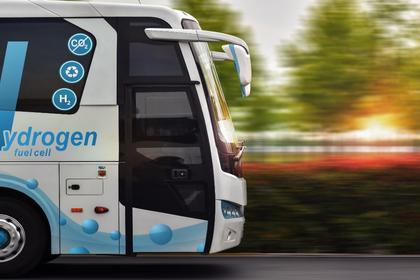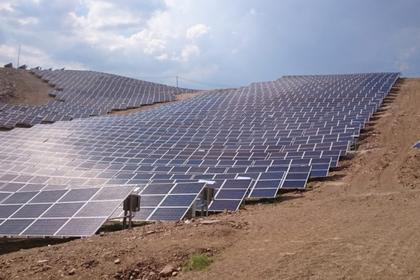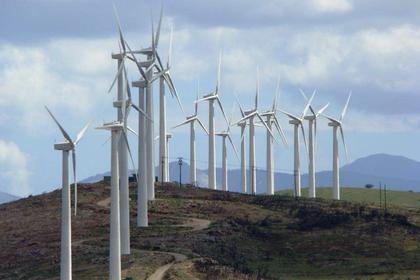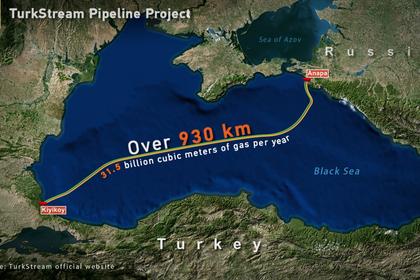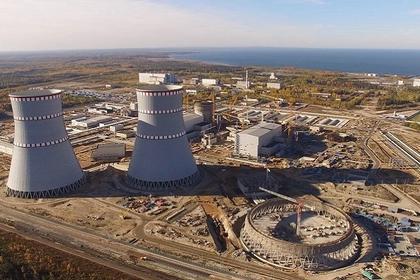
TURKEY, LIBYA OIL GAS COOPERATION
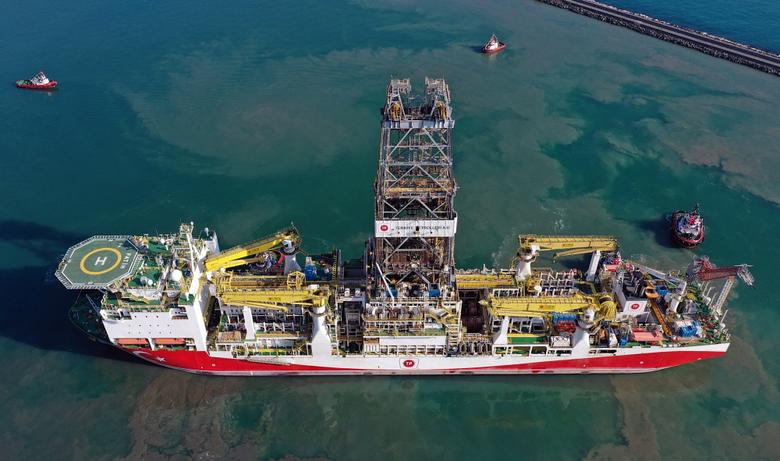
DS - APR 12, 2021 - Turkey and Libya on Monday agreed to further develop their cooperation in multiple areas, including oil and natural gas as officials from the two countries held a range of meetings.
The meetings came as the head of Libya’s new interim government, Prime Minister Abdul Hamid Dbeibah, accompanied by a large delegation, arrived in Turkey Monday on a two-day visit, his first since taking office last month.
President Recep Tayyip Erdoğan welcomed Dbeibah with an official ceremony at the Presidential Complex in the capital Ankara.
The two leaders are to hold broad talks on steps to further improve bilateral relations and to chair the first meeting of the Turkey-Libya High Level Strategic Cooperation Council.
Dbeibah arrived with a team including 14 ministers, five deputy prime ministers, the chief of staff and other officials.
Prior to the leaders’ face-to-face and inter-delegation meetings, Libyan ministers and their Turkish counterparts held a range of meetings during the day, including one between Energy and Natural Resources Minister Fatih Dönmez and Libyan Oil and Gas Minister Muhammad Ahmad Muhammad Aoun.
Dubbing the meeting “fruitful,” Dönmez said on Twitter, “We have decided to develop our cooperation, especially oil and natural gas.”
Industry and Technology Minister Mustafa Varank met separately with Libya’s Industry and Minerals Minister Ahmed Ali Muhammad Omar as well as with the country's Higher Education and Scientific Research Minister Imran Muhammad Abdul Nabi Al-Qeeb.
Stressing the historic link between the two countries, Varank emphasized that Turkey would continue to stand by Libya.
Varank said Libya’s potential, particularly in industry, mining and entrepreneurship, should be carried forward, stressing the two sides would maintain close cooperation.
“A very different world awaits Libya with elections at the end of 2021. In the new era, we must unlock Libya’s potential together,” the minister noted.
For his part, Omar stressed their trust in Turkey, noting the government’s will to further develop relations, especially in industry and mining investment areas.
Al-Qeeb noted the importance of the timing of the meeting, adding that they would work on plans on new cooperation fields.
Economic, trade road map
Trade Minister Rushar Pekcan said Turkey would continue to back Libya’s economic development efforts with its all resources.
The cooperation in the process of restructuring Libya will continue in all areas, including industry and infrastructure investment as well as health, energy and banking, Pekcan noted.
“Turkey is ready to take responsibility in these areas,” the minister said as she came together with Libya’s Economy and Trade Minister Mohamed Hwej and Planning Minister Fakher Muftah Bufarna.
Pekcan also stressed it was important to draw up a road map to accelerate bilateral economic and commercial ties.
“I think that in the coming period, we will determine the areas of cooperation together through dialogue and move forward on this basis.”
The trade volume between the two countries again reached as much as $3.6 billion (TL 29.30 billion) in 2020, following a decline in recent years.
Resumption of construction projects
Among others, the resumption of projects by Turkish companies that were stopped over the war were also discussed during the talks in Ankara.
Turkey has said that Turkish firms would take an active role in rebuilding the country.
The two countries last year signed a memorandum of understanding (MoU) that allows Turkish builders to conclude their uncompleted business projects.
Pekcan said the construction sector is one of the most important elements of bilateral economic relations.
Solving problems arising from the past will help both Libya and Turkish companies look to the future with hope, she said.
“Our companies will be back to work within the framework of certain projects, taking into account the needs and security conditions of Libya, and starting new projects to meet its needs,” she added.
Among others, Foreign Minister Mevlüt Çavuşoğlu and Treasury and Finance Minister Lütfi Elvan also met with their Libyan counterparts Najla Mangoush and Khaled Al-Mabrouk Abdullah, respectively.
Selected through a United Nations-led process, Libya’s new interim government, the Government of National Unity (GNU), was sworn in on March 15 from two rival political groups that had ruled eastern and western regions, completing a smooth transition of power after a decade of violent chaos.
Dbeibah will lead Libya to the Dec. 24 elections.
Ankara welcomed the appointment of the new government and vowed it would continue to provide all manner of support to ensure security, peace and prosperity in the North African nation.
Turkey had backed the Tripoli-based Government of National Accord (GNA) against the eastern-based forces of putschist Gen. Khalifa Haftar, which was supported by Russia, Egypt, the United Arab Emirates (UAE) and France.
Libyans hope that the new process would end years of civil war that have engulfed the country since the ousting and killing of strongman Moammar Gadhafi in 2011.
In 2019, Ankara signed a maritime delimitation agreement with the GNA in the Eastern Mediterranean, a deal that provided a legal framework to prevent any fait accompli by regional states, and a military cooperation accord.
Greece, which opposes the maritime agreement between Tripoli and Ankara, called for the accord to be canceled on Tuesday, as it reopened its embassy in Libya after seven years.
In response, Greece and Egypt signed an agreement in 2020, designating an exclusive economic zone in the Eastern Mediterranean, which Turkey has said infringes its own continental shelf, and which overlaps with the maritime zones it agreed on with Libya.
Dbeibah has said economic deals with Turkey should remain in place.
Libya’s new Presidential Council Head Mohammad Younes Menfi visited Turkey last month for talks with Erdoğan.
-----
Earlier:
